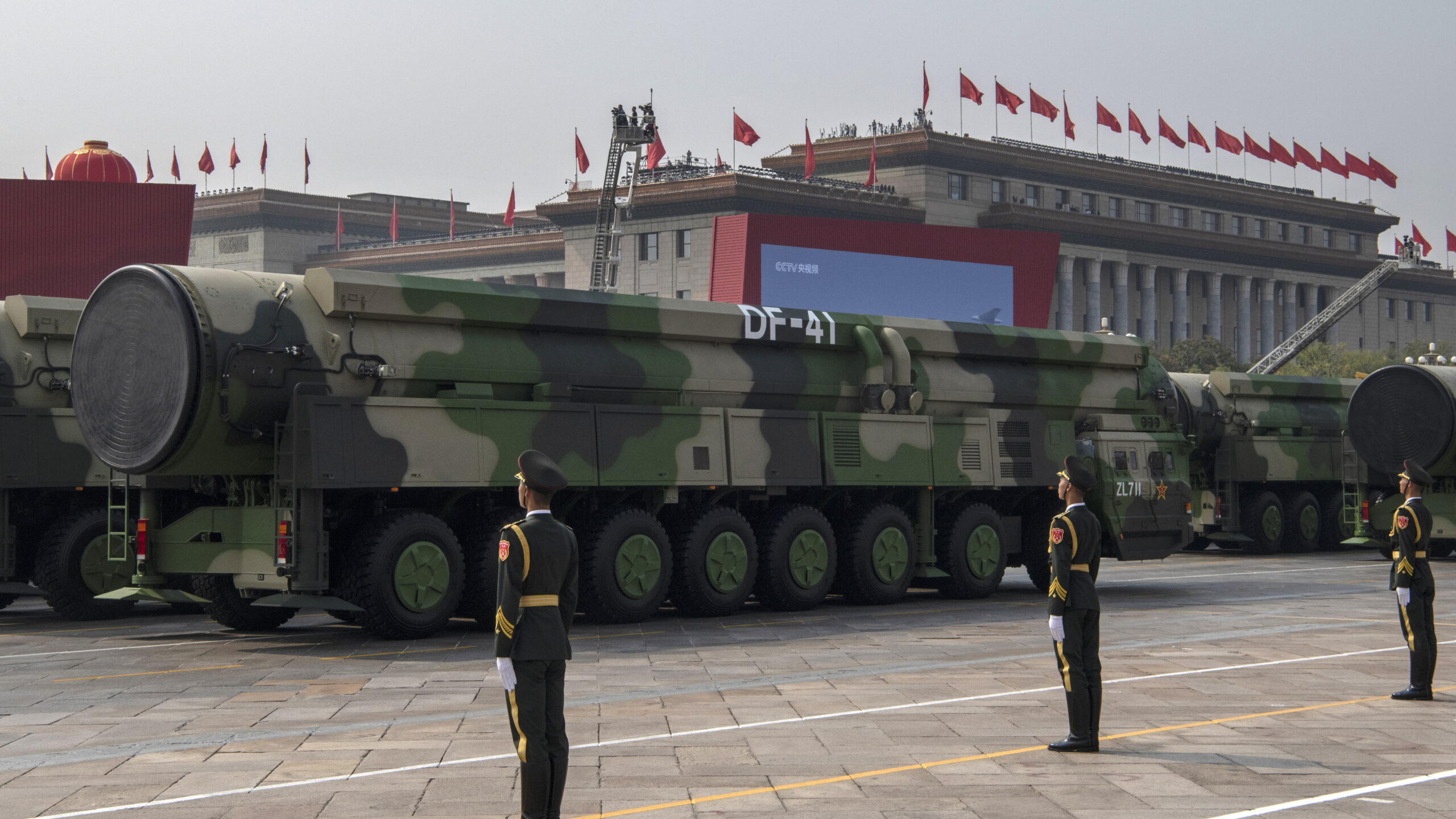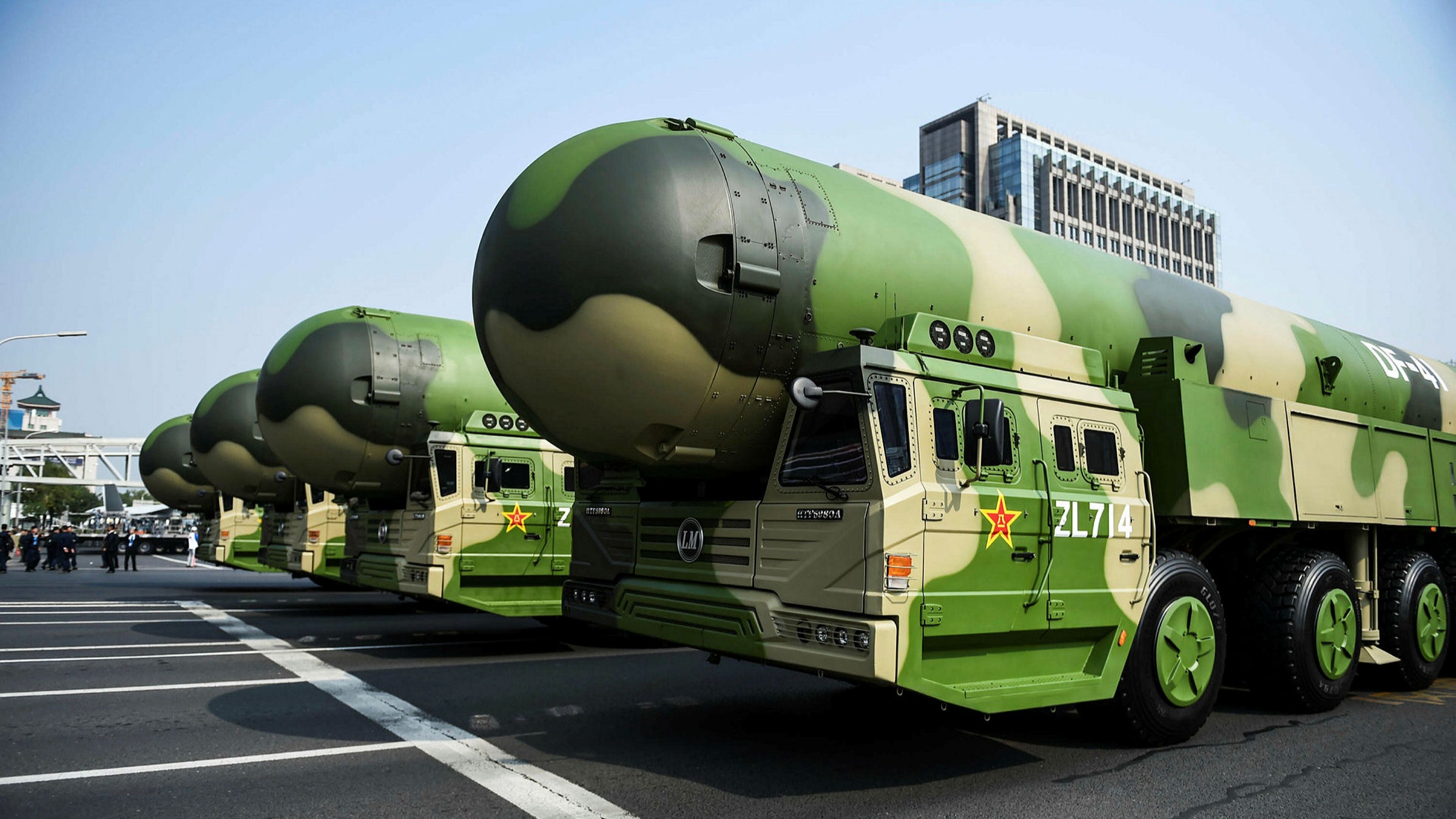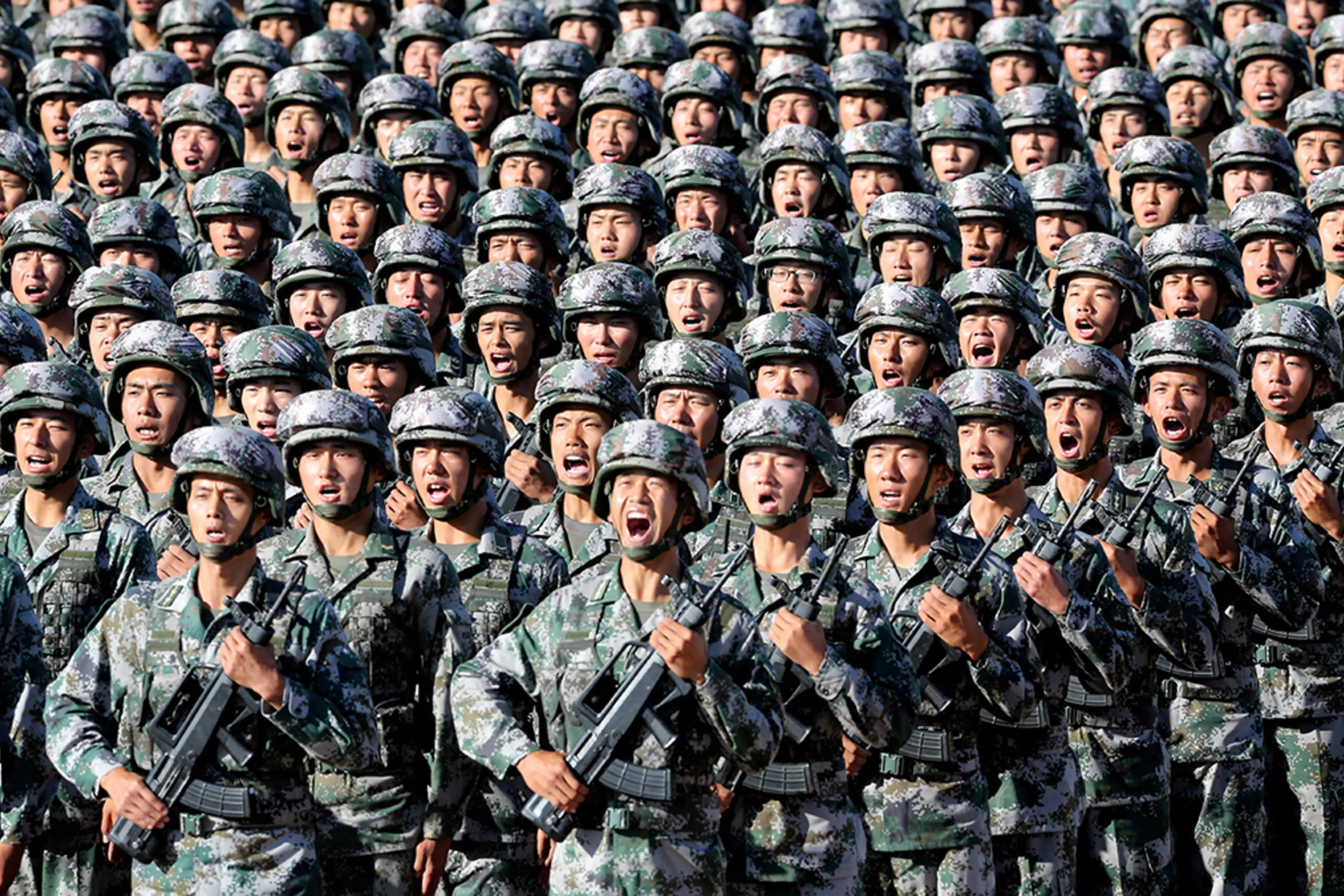Listen the Article:
China Nuclear Plan: In a report of the Pentagon, there has been a big disclosure about China. In which it has been told how China is rapidly increasing its stock of nuclear weapons. It has been told in this report that in the next 12 years, China will have more than 1500 nuclear weapons. Let us tell you that the Pentagon is the Defense Department of America, which apart from internal security, keeps a close watch on all the activities happening in the world. It has been told in this report that China has worked more than the estimated speed and now it has about 400 nuclear weapons.

The Pentagon has also mentioned in its report that how China is continuously becoming a challenge for America. It has been told in this report that China wants to challenge America as the world’s biggest superpower. That is why it is increasing its stock of nuclear weapons.
Weapons doubled in just two years
The shocking revelation in this report of the Pentagon has been that by the year 2020, it was estimated that China has around 200 nuclear weapons. Those which may take about 10 years to double, but in just two years, China doubled its stock of nuclear weapons. About which American security agencies are now worried. If China continues to grow at this rate, then by the year 2035, China will have more than 1500 nuclear weapons. On whose power he can do the work of threatening any country.

Big challenge for America
On behalf of a senior US defense officer, it was said that what has been seen in the last few years is a very rapid expansion. He told how China is using its growing army at the international level. This can be the biggest challenge for the security agencies of America in the coming times. China has been continuously saying that it has nuclear weapons only for its own defense, but it is not so. He is continuously increasing the stockpile of weapons to create fear in the world. Which includes dangerous nuclear weapons that kill from sea, sky and land.





2 Comments
2 Pings & Trackbacks
Pingback:China has cyber attacks on Amnesty International Canada, 3 weeks work affected - Republic Aeon
Pingback:Chinese President on Saudi tour: There will be agreements worth $30 billion between the two countries; America upset with this visit - Republic Aeon